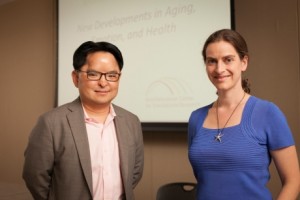Reprinted from the Cornell Chronicle, Sept. 7, 2016
by Susan Kelly
Marcel Proust’s madeleine cakes have nothing on Instagram and Twitter. But if they did, Proust’s memories could have been even more elaborate and vivid.
A new study – the first to look at social media’s effect on memory – suggests posting personal experiences on social media makes those events much easier to recall.
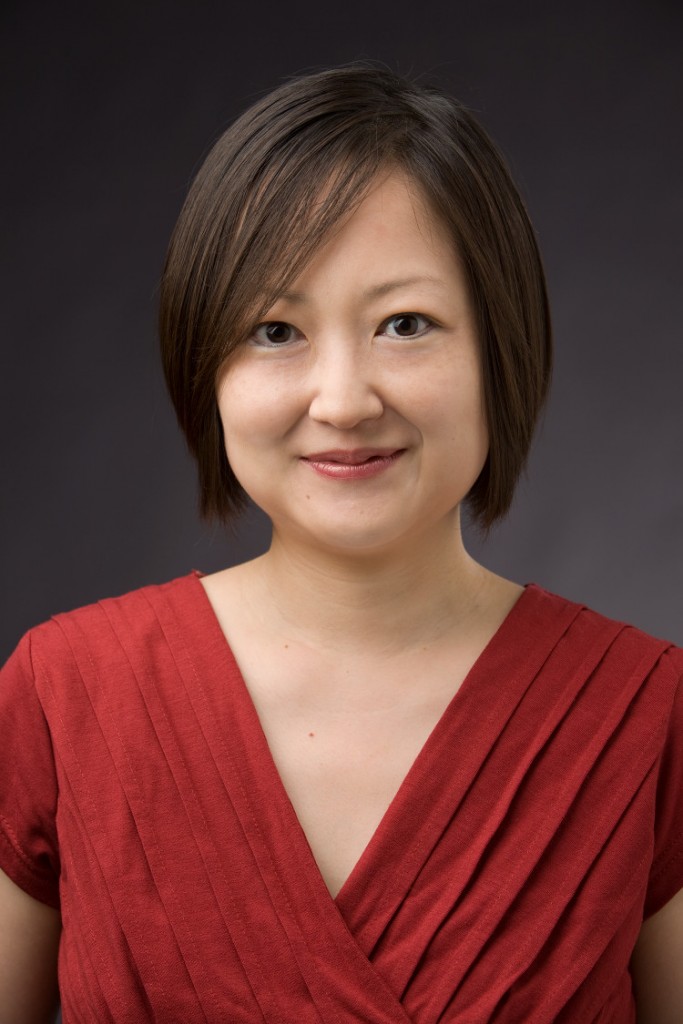
“If people want to remember personal experiences, the best way is to put them online,” said Qi Wang, the lead author of the study and professor of human development in the College of Human Ecology. “Social media – blogs, Facebook, Twitter, and others alike – provide an important outlet for us to recall memories, in the public space, and share with other people.”
Memory researchers have long known that when people write about personal experiences, reflect on them or talk about them with others, they tend to remember those events much better. “The process of writing about one’s experiences in the public sphere, often sustained by subsequent social feedback, may allow people to reflect on the experiences and their personal relevance,” the study said.
The act of posting on social media also plays a role in the construction of the self, said Wang, an expert in personal memory.
“We create a sense of self in the process of recalling, evaluating and sharing with others memories of personal experiences in our lives,” Wang said. “That’s happening when we use social media, without us even noticing it. We just think, ‘Oh, I’m sharing my experience with my friends.’ But by shaping the way we remember our experiences, it’s also shaping who we are.”
That’s especially facilitated by the interactive functions on many social media sites. For example, Facebook periodically shows users photos and posts from previous years to remind them of those events, prompting users to revisit those experiences.
“Memory is often selective. But in this case, the selection is not done by our own mind; it’s done by an outside resource,” Wang said. “So interactive functions on social networking sites can also shape how we view our experiences, how we view ourselves.”
Wang and her co-authors, Dasom Lee ’13, and Yubo Hou of Peking University, asked 66 Cornell undergraduates to keep a daily diary for a week. The study participants briefly described the events that happened to them each day, excluding daily routines such as “had breakfast.” For each event, they recorded whether they had posted the event on social media. And they rated the event’s personal importance and emotional intensity on five-point scales. At the end of the week and a week later, the students took surprise quizzes on how many events they could recall.
The researchers found that the online status of each event significantly predicted the likelihood of it being recalled at the end of both the first and second weeks. This was true even when they controlled for the personal importance and emotional intensity of the events. In other words, events posted online were more likely than those not posted online to be remembered over time, regardless of the characteristics of the events.
The research sheds new light on memory theories and have important implications for the construction of “the autobiographical self” in the digital age, the authors said. “This work is the first step toward a better understanding of the autobiographical self in the internet era where the virtual externalization of personal memories has become commonplace,” the study said.
The research, “Externalizing the autobiographical self: sharing personal memories online facilitated memory retention,” appeared Aug. 17 in the journal Memory.



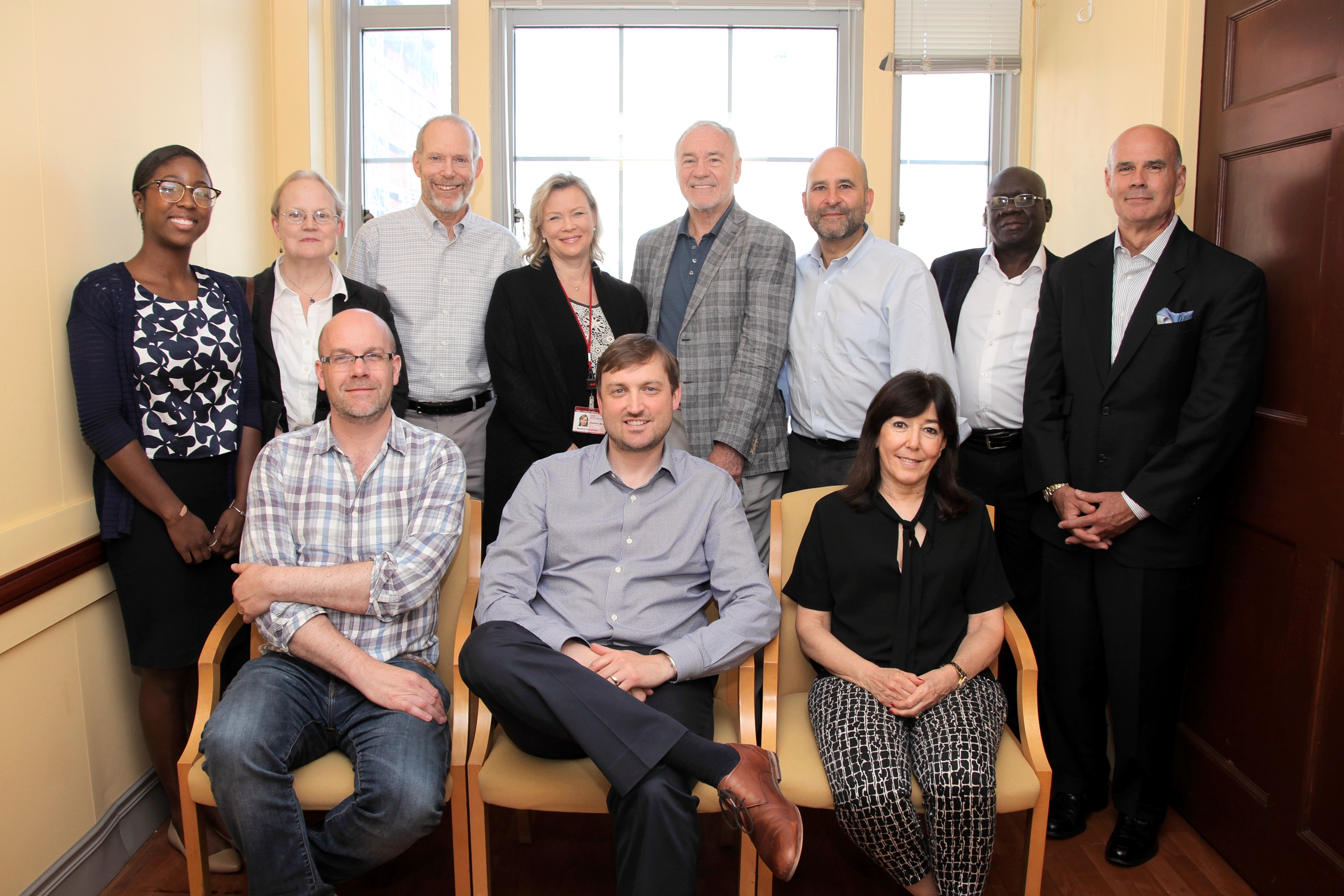
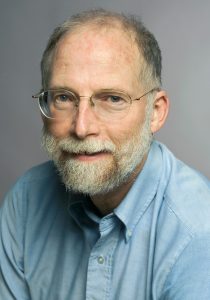
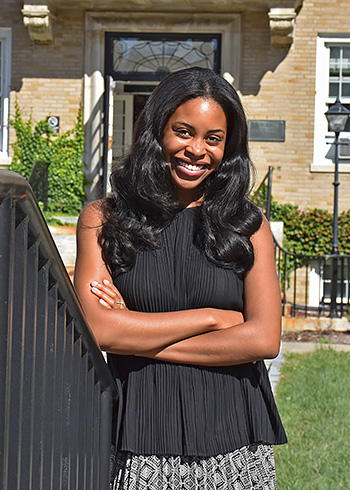
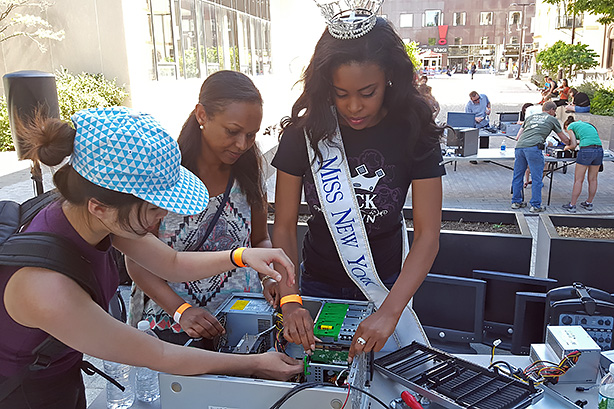
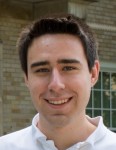
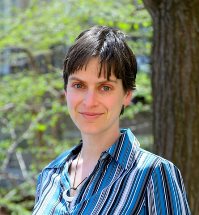


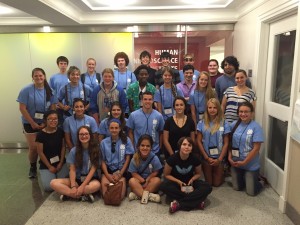
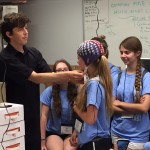

 Retweeting may overload your brain
Retweeting may overload your brain Inside Cornell’s BABY Labs
Inside Cornell’s BABY Labs




